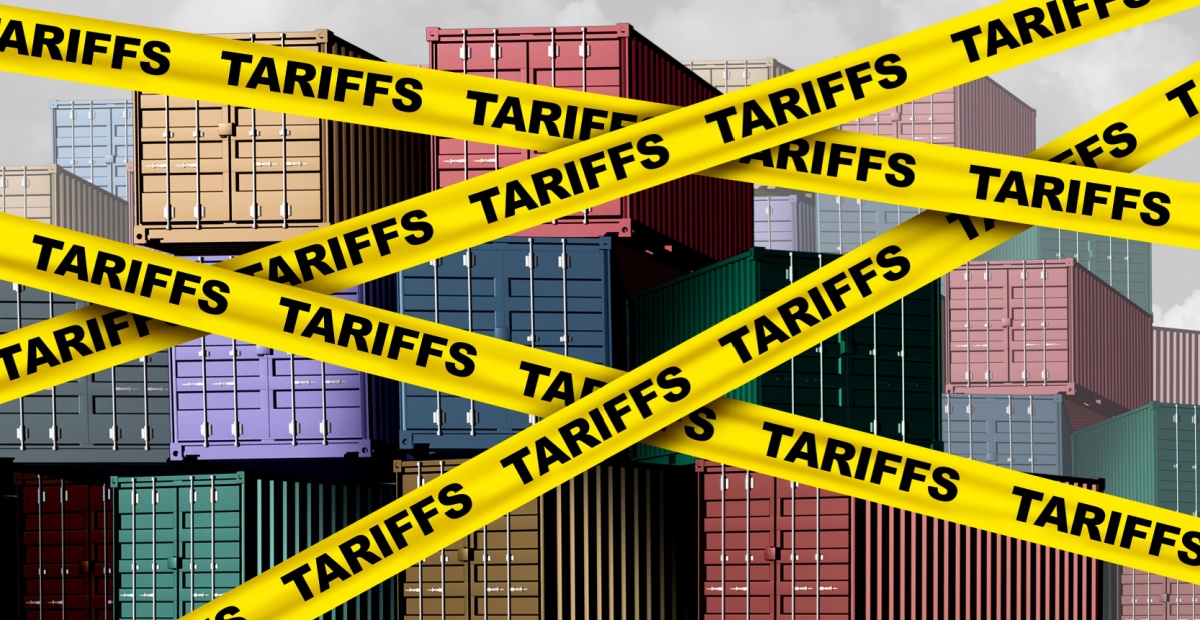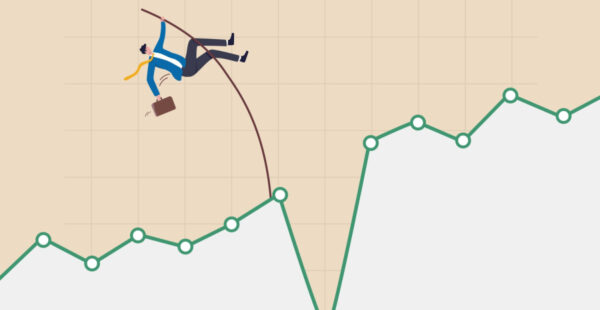Trump’s tariffs king hit market sentiment

The tariffs introduced by US President Donald Trump have succeeded in generating an overwhelming negative reaction from market strategists and economist, who have mostly predicted a stock markets to fall.
The tone was exemplified by Franklin Templeton chief market strategist, Stephen Dover who said the new tariffs were overall much higher than expected and the highest in over 100 years.
“It came after the close of the US stock markets on April 2, but equity futures dipped along with US bond yields in after hours trading. We expect foreign stock markets to also fall as this news is digested,” he said.
The Franklin Templeton analysis said that the tariffs had made recession and inflation more likely.
Uncertainty plagued both the financial markets and the economy in early 2025. We do not know how companies or other countries are likely to respond to the announced tariffs. It is unclear if Trump has a negotiating objective. The legality of Trump’s executive actions on tariffs is also unclear,” Dover’s analysis said.
At the same time, Global X investment strategist, Justin Lin said the tariffs announced by Trump were worse than expected.
“The market expected either a blanket tariff on all exporters, or reciprocal tariffs but not both at the same time. Unlike the previous few rounds of tariffs, Trump seems to be going for maximum pain right out the gate,” he said
“Equity markets had a lot to say about the announcements with Nasdaq and S&P 500 futures dipping. Gold by comparison didn’t have a major reaction – gold has drifted up 50bps or so post-announcement in Asian trade today, which likely reflects a ‘better safe than sorry’ attitude in the market instead of a major pivot.
“The overall lack of significant reaction suggests that most of this worst-case scenario has been priced in. Suffice to say, the announcement hasn’t changed gold’s short term outlook. Gold could rise to US$3,300 on strong momentum and retail buy-in. But for the next leg of the rally, investors much watch how the affected countries react.”
Datt Capital chief investment officer, Emanuel Datt saw at least some benefits which might flow to Australia from the tariffs.
“The immediate consequence of these tariffs is an increase in the cost of Australian goods entering the US market, which may erode their competitiveness. Sectors such as agriculture, manufacturing and wine exports are particularly vulnerable. The indirect effects on countries such as China, Japan and South Korea, which account for a substantial portion of Australia’s exports, could be far greater than the direct impact.
“Although the 10% baseline tariff was less than anticipated, the imposition of far steeper tariffs on countries such as China (54%), Japan (24%) and Vietnam (46%) has raised fears of prolonged economic disruption and intensified uncertainty about the future of global trade.
“Companies such as BlueScope and Orica have raised concern over the higher costs resulting from the tariffs. They also face potential barriers to market access.
“However, some Australian miners may benefit from restrictions on key minerals imposed by China, such as tellurium and molybdenum, which are crucial for high-tech industries. This could increase demand for Australian minerals, potentially boosting investment and creating jobs.”











The PHD in economics is the scariest. How many academics actually understand the real world
Money is leaving at a slower rate with this being considered by AMP management as a positive. Australia's Money Pit…
"Our recently launched digital advice solution for AMP Super members is providing simple, intuitive retirement advice at no extra cost.”…
Assistant to Bill Shorten...FoFA, A time when dozens of submissions were made, 90 odd submissions ranging from clients be sent…
Only way to get that 1.25 times back will be to move clients from Brighter Super into their SMA on…